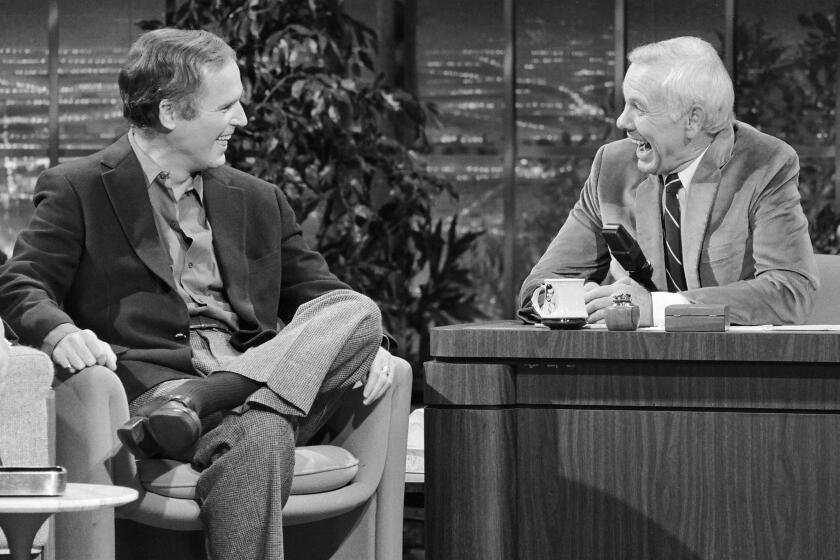Demand for Change Poses a Real Challenge
John is confused, perhaps even upset.
After lowering costs and increasing productivity through organizational downsizing, re-engineering and budget cuts, his CEO now is focusing on revenue growth as a means of meeting ever-increasing profit goals.
But despite John’s detailed, fact-based proposals for promising new business opportunities, obstacles seem to be continuously erected to thwart the consideration of the growth opportunities.
These experiences have made John wonder if there really is a commitment to creating profits through revenue growth.
John and his organization are not alone.
Many employees are experiencing the same frustrations and concerns, brought about by the mixed messages that accompany change.
We are veterans of change, particularly in recent times as a consequence of increasing shifts in technology, demographics and ethnicity among the population and in global competition.
Yet trying to change, from a personal or organizational perspective, continues to be fraught with frustration, misunderstandings and impatience.
Why is this? A key factor is habits.
We are creatures of habit. Habits are helpful. They allow us to get work done in an effective manner.
Habits allow us to respond to situations as a reflex. Habits also open up opportunities to do more. For instance, instead of having to think about how we should drive to work, our habit of taking a certain route at a certain time frees our mind to think about what we have to get done at work or how we might do it.
Another example: Let’s say you have decided to change the hand with which you hold a fork to eat. Despite knowing the mechanics of using a fork, you will initially feel quite awkward using the other hand.
You find that you have to make a conscious effort to use the opposite hand. In addition, you will probably forget and revert back occasionally to using the more familiar hand.
You will experience frustration. And if you have shared with someone your desire to change how you eat, they might wonder about your motivation or if you have changed your mind as you struggle to master the new skills.
Habits can also hurt. Not only might we have bad habits like eating too much junk food or being five to 10 minutes late for meetings, habits that were once helpful can become obstacles to working effectively in an environment with new requirements.
As John found, the habits developed to effectively manage costs and productivity are now making it difficult for managers to identify or request resources needed to seize market opportunities.
For example, an inward rather than a market orientation and a culture where spending is viewed negatively are hurting the organization’s ability to increase revenues.
And because new business opportunities can require investments whose payoffs are not immediate or do not translate easily into conventional dollar calculations, despite strategic and tactical importance, additional frustration can develop.
As we know, habits take time and effort to change. And this is particularly true for organizations. Unfortunately, we often have less patience and understanding of the process of changing organizational habits.
It is a rare person or organization that can immediately break a habit and change. Backsliding into old habits should be expected and treated with patience.
Stress accompanies and complicates the process. Beyond simply forgetting and going back to our old ways, we tend to revert to our comfortable habits when we are under stress.
When we couple this tendency to revert to old habits with the stressful events that have induced us to change, it should not be a surprise if backsliding occurs.
For example, a new competitive threat that has induced changes in priorities and how we should work is also likely to create stress from increased job insecurity and workload pressures.
Yet we act surprised when backsliding occurs and are not as patient or understanding as we should be.
Why?
In business, we tend to expect immediate results and in the heat of the battle we forget that organizations are made up of people with human frailties. It takes time to change habits, and we cannot be reprogrammed like a machine.
So in context of an organization, what happens if a manager or employee reverts to an old habit?
Do colleagues wonder if this person is really committed to the new priorities? Or do employees wonder about the person’s truthfulness and integrity? Do people wonder about management’s commitment to the new priorities or if signals are being given for a different strategy?
Multiply a number of incidents over time of reverting to old habits at different vertical levels of the organization and, horizontally, across departments and it is easy to understand how misunderstandings and frustration develop and how credibility, teamwork and trust can be hurt.
Change is a part of life. Change is good. Yet we cannot forget that change involves people--and people are creatures of habit. We know that it takes time and effort to change habits. We understand that we might inadvertently slide back to our old ways.
So as we seek to meet the ever-new challenges of business, let us remain connected with each other through patience, tolerance and frequent, direct communications. Let’s meet the challenge of change, individually and organizationally.
Let’s develop new habits and embrace change.
More to Read
Inside the business of entertainment
The Wide Shot brings you news, analysis and insights on everything from streaming wars to production — and what it all means for the future.
You may occasionally receive promotional content from the Los Angeles Times.










